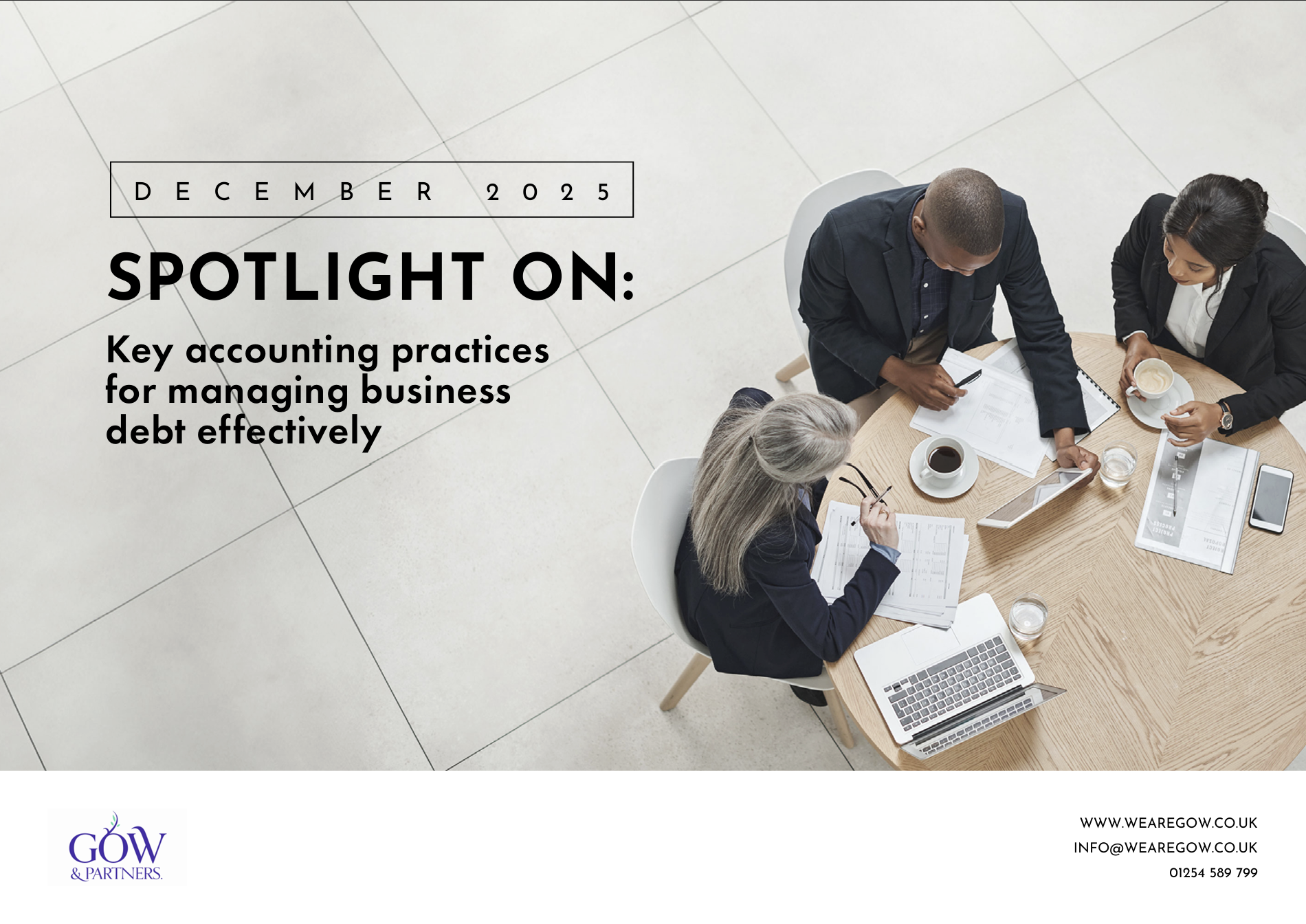For a business to grow sustainably (and to successfully make it through the financial bumps in the road), cash flow needs to be a priority. And not just when times are tough and cash is tight. As a business owner, you should be making sure that you’re maintaining an optimal level of cash on hand at all times; this is essential to success. So how do you do this? To improve your cash flow in the immediate but also for the long-term, here are 10 essentials.
1. Know your break-even figure
The break-even figure is a critical financial metric that represents the amount of revenue your business needs to generate each month to cover all of its expenses. These expenses include fixed costs, such as rent and salaries, as well as variable costs, like utilities and raw materials. Essentially, it is the point at which your business neither makes a profit nor incurs a loss.
As such, you need to know what number you need to reach each month to cover all of your outgoings. Once you know this, you can make better spending decisions and keep your cash flow at its optimal level.
2. Create a Budget and Stick to it!
While profit is important, you also need to focus on spending. Create a budget to ensure that you’re making more on each sale than you’re spending – this can help you be more mindful about where your money is going and it can help you make impactful changes.
A budget helps you set realistic financial goals. Whether aiming for a specific profit margin or planning for expansion, having a budget allows you to outline clear objectives and track your progress towards achieving them. Not only this, but budgeting helps you anticipate financial challenges and prepare for them. By forecasting future expenses and revenues, you can create contingency plans to handle unexpected costs or downturns in sales.
But how do you create a budget?
- Start by analysing your current revenue streams: Look at past sales data to predict future income and identify any seasonal trends or patterns.
- Identify Expenses: List all fixed and variable expenses. Fixed expenses include rent, salaries, and insurance, while variable expenses include utilities, raw materials, and marketing costs.
- Short-term and Long-term Goals: Define both short-term and long-term financial goals. Short-term goals might include reducing monthly expenses by a certain percentage, while long-term goals could involve saving for expansion or increasing overall profitability.
Allocate your funds to the essential areas first, and allow for some flexibility to cover those unexpected expenses. Review your budget regularly to help account for any discrepancies and adjust as needed.
3. Build a Cash Reserve
A cash reserve is a crucial financial buffer for any business, providing a safety net for unexpected expenses or financial emergencies. Having a cash reserve ensures that your business can continue to operate smoothly even when unforeseen challenges arise.
One of the primary reasons for building a cash reserve is to prepare for emergencies. Businesses often face unexpected costs, such as equipment repairs, legal fees, or sudden increases in raw material prices. Without a cash reserve, these unexpected expenses can disrupt operations, causing financial strain or even leading to a halt in business activities.
Furthermore, a cash reserve helps maintain cash flow stability. Even profitable businesses can experience periods of low cash flow due to delayed payments from customers or seasonal fluctuations in sales. During these times, having a cash reserve allows you to cover operational costs such as payroll, rent, and utilities without needing to take on debt or liquidate assets.
Additionally, a cash reserve provides opportunities for strategic investments. When an unexpected business opportunity arises, such as acquiring a competitor, expanding into a new market, or investing in new technology, having readily available funds can be a significant advantage. This financial flexibility allows you to act quickly and capitalize on opportunities that can drive growth and competitive advantage.
4. Automate your Bookkeeping
Using software such as Xero and QuickBooks can help you improve your cash flow. You can send out invoices immediately, get your clients to pay via Direct Debit, reconcile payments easily, and generate reports with a click of a button. Here at Gow and Partners we have a dedicated team of certified accountants and bookkeepers to help guide you smoothly through this process!
5. Offer Discounts for Early Payments
If you have certain clients who pay late and miss payments, offer them a 2-5% discount if they pay early. Not only does this incentivise them to pay, but it also ensures that you don’t suffer from dips in your cash flow too. Win-win!
6. Negotiate Extended Payment Deadlines with Vendors
It’s good to set up extended payment deadlines in the event that you can’t pay what you owe vendors right away. For example, you could negotiate a 60-day turnaround for all payments or include a clause in the agreement that allows later payments a certain number of times in the year. While it may not be needed, it is good to be prepared in case you ever need to use this option.
7. Consider Financing (when it makes sense)
Your focus should be building up a cash reserve for emergency situations like the Coronavirus crisis. This means that, in a situation where you have unexpected expenses or you need a large sum, you should consider short- or long-term financing options instead.
Financing provides the necessary capital to expand operations, enter new markets, or develop new products. This can be essential for scaling the business and increasing market share.
8. Consider Leasing Supplies, Equipment, and Real Estate Instead of Buying
While leasing may end up being more expensive than buying in the long run, choosing to lease supplies, equipment, and real estate for a certain amount of time will help you to maintain a steady cash stream for day-to-day operations.
With predictable, smaller monthly payments, leasing can help manage cash flow more effectively, ensuring liquidity for operational expenses and investments. Not only this but leasing requires less upfront capital compared to purchasing equipment outright, freeing up cash for other critical business needs or opportunities.
9. Seek Advice from an Accountant
The best way to improve your cash flow is to seek expert advice. Whether it’s getting an accountant to advise you on spending and saving or hiring them to completely manage your financial matters, they will help you make the right financial decisions. After all, you have to spend money to make money!
Accountants provide valuable insights into the financial health of a business. They analyze financial statements and performance metrics to identify trends, strengths, and areas needing improvement. This analysis supports informed decision-making, allowing business owners to make strategic choices based on solid financial data.
A accountants, we also play a crucial role in budgeting and forecasting. We can assist in creating realistic budgets and financial projections that align with business goals. By doing so, we can help businesses plan for future growth, manage cash flow effectively, and prepare for potential challenges.
10. Improve your Inventory
What is your inventory turnover? Surprisingly, there could be a lot of cash tied up in your inventory so check your inventory regularly. Are you buying too
much? If so, sell it at a discount and start buying less of it. This is something that your accountant can help you figure out.
To Summarise
While it’s obviously very important to improve your cash flow right now (thanks Coronavirus), it is also essential for your business to have a healthy cash flow all year round. Keeping a robust cash flow takes vigilance, but it will help protect your business during turbulent times, not to mention, it will also help you sleep soundly!
Set Yourself up for Success
Did you know that we run the highest rated accountancy firm in Blackburn with Darwen?
Book your 30 minute discovery call today— enjoy a relaxed, no-obligation chat with one of our qualified accounting advisors. We can assess your situation and determine how to best serve and add value to your business.
Alternatively, you can send us a message with any queries (big or small), and one of our team members will get back to you promptly.


.png)



